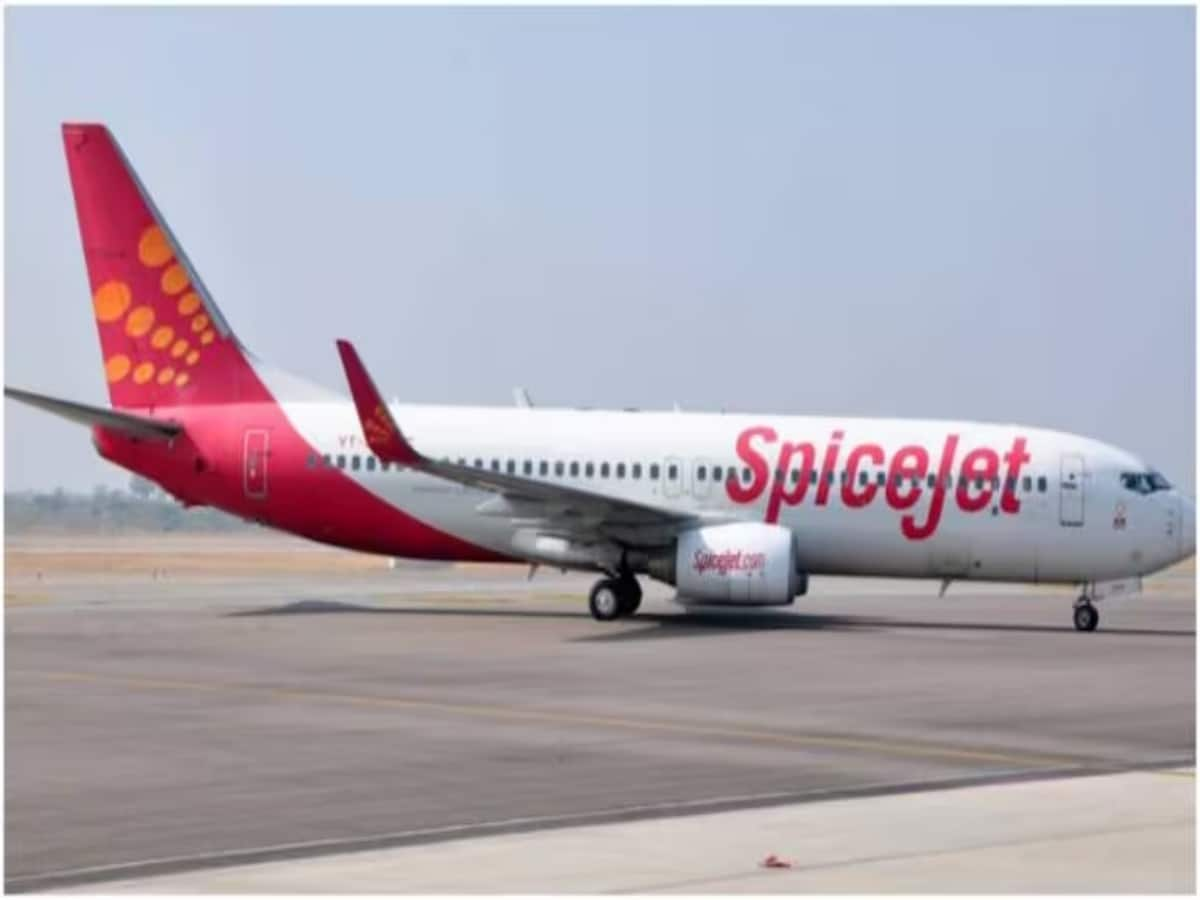SpiceJet Share Price: A Positive Turnaround Amidst Challenges
SpiceJet, a prominent player in the low-cost aviation sector, has recently made headlines with its Qualified Institutional Placement (QIP), which received outstanding support from institutional investors. This funding initiative has successfully raised Rs 3,000 crore, positively influencing the company’s share prices significantly.
Impressive Market Performance
Following the QIP announcement, SpiceJet’s shares surged by an impressive 10%, reflecting the strong confidence of investors. Although some profit booking has occurred, causing a slight dip in the share price, it still holds a promising position in the market. Currently, SpiceJet’s shares are priced at Rs 70.38, marking a 6.38% increase on the Bombay Stock Exchange (BSE). During intra-day trading, the price peaked at Rs 72.80, a testament to investor enthusiasm. To put this into perspective, just a year ago, on October 26, 2023, the share price plummeted to a low of Rs 34, and this month, on September 16, 2024, it reached a one-year high of Rs 79.90.
Key Investors in SpiceJet’s QIP
The QIP attracted several significant institutional players. According to SpiceJet’s exchange filings, notable share allocations included:
| Investor | Shares Allocated | Percentage of Total Issue |
|---|---|---|
| Authum Investment and Infra Limited | 4,54,45,933 | 9.33% |
| Discovery Global Opportunity (Mauritius) Limited | 4,05,84,416 | 8.33% |
| True Capital | 3,24,67,532 | 6.67% |
| Societe Generale-ODI | 2,93,98,652 | 6.04% |
| Goldman Sachs (Singapore)-ODI | 2,59,81,215 | 5.33% |
SpiceJet plans to utilize the raised capital to settle outstanding liabilities, restructure leases, and expand its aircraft fleet. Specifically, this includes bringing back currently idle aircraft and introducing new additions to enhance operational efficiency.
Current Industry Landscape and Challenges
Despite the positive strides made through the QIP, SpiceJet faces a tough industry landscape. Recent data from the Directorate General of Civil Aviation (DGCA) indicates a drastic decline in the airline’s market share, which plummeted to a record low of 3.1% in August 2024, down from 5.6% at the beginning of the year. Furthermore, the company has implemented leave without pay (LWP) measures affecting approximately 150 cabin crew members and has had to cancel numerous flights departing from Dubai, underscoring the challenges it faces in this competitive sector.
Future Outlook
While SpiceJet has made significant progress with its QIP, the airline’s future largely depends on its ability to restore market confidence, improve fleet utilization, and navigate through the ongoing challenges in the aviation market. Investors and industry analysts will be closely monitoring how effectively SpiceJet leverages the funds raised to bolster its operational capabilities and regain its standing in the aviation sector.












